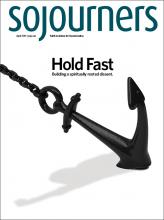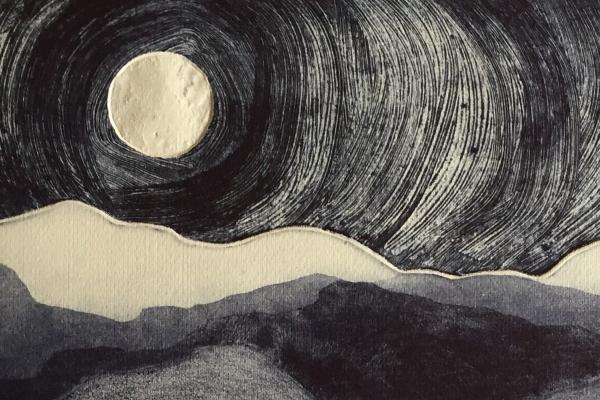IF YOU'RE LIKE ME, you care about creation, but have a looming gap between your concern and knowing what to do about it. It can be paralyzing to live in an age of global climate change, environmental degradation, pollution, habitat loss, ocean acidification, lead in the drinking water of cities, and the melting of polar ice caps. Many works of ecotheology explain why caring for creation is a Christian imperative but struggle to get to the how.
Enter Watershed Discipleship: Reinhabiting Bioregional Faith and Practice. We can’t easily fathom a plan to care for the entire planet, but we can envision our watershed—the area in which water flows down to a common waterway such as a creek or river. (To find your watershed, enter your zip code on the EPA’s “Surf Your Watershed” site, epa.gov/surf.) Imagine caring for your watershed, along with the network of people who also live there. Ched Myers quotes Wendell Berry’s rewording of the Golden Rule to explain how this is an act of care for the entire planet: “Do unto those downstream as you would have those upstream do unto you.”
In the introduction, activist theologian Myers defines the phrase “watershed discipleship” as a “triple entendre.” It reflects “ a watershed historical moment of crisis, which demands that environmental and social justice and sustainability be integral to everything we do as Christians.” It recognizes a “ a watershed context”—that we follow Jesus in a “bioregional locus.” And “it implies that we need to be disciples of our watersheds”—in other words, “learning from, following, and coming to trust ... ‘The Book of Creation.’”
Read the Full Article

